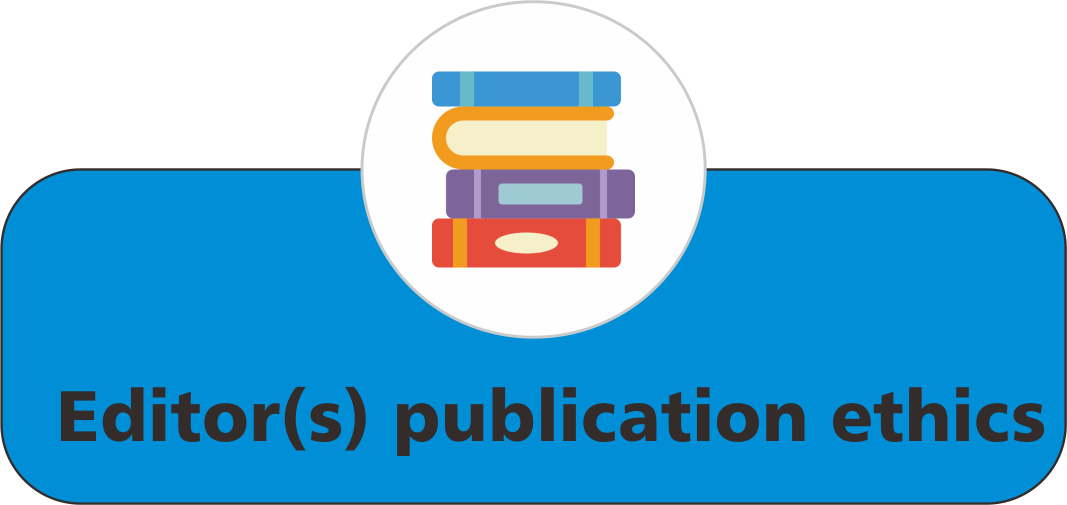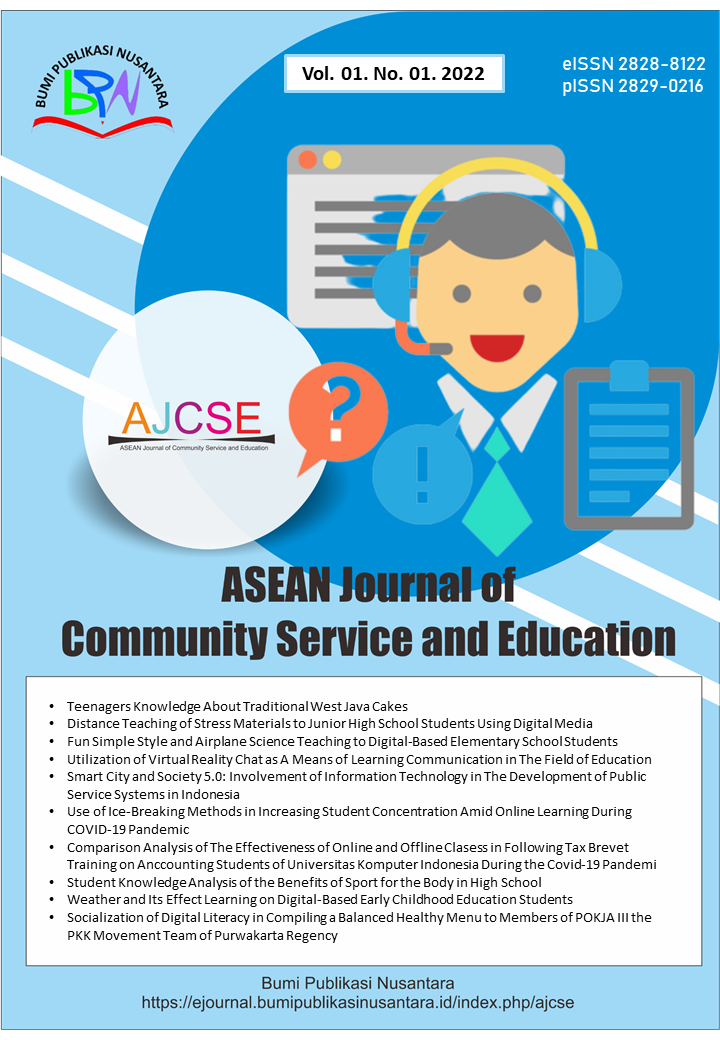Influence of Parenting Styles on Moral Skills Acquisition of Primary School Pupils: Community Service Perspective
 ),
),
(1) Kwara State University
 Corresponding Author
Corresponding Author
Abstract
Keywords
References
Baumrind, D. (1991). The influence of parenting style on adolescent competence and substance use. Journal of Early Adolescence, 11(1), 56-95.
Cabanatuan, D., and Ahmad, C. (2022). Permissive parenting style and maladaptive behavioral tendencies among junior high school students of notre dame of Tacurong College, Mindanao, Philippines. ASEAN Journal of Science and Engineering Education, 2(1), 87-96.
Chao, R. K., and Tseng, V. (2002). Parenting of Asians. Social Conditions and Applied Parenting. 4(2), 59-93.
Darling, N., and Steinberg, L. (1993). Parenting style as context: An integrative model. Psychological Bulletin, 113(3), 487-496.
Eisenberg, N., Cumberland, A., Spinrad, T. L., Fabes, R. A., Shepard, S. A., Reiser, M., Losoya, S., Guthrie, I. K., Murphy, B. C., and Losoya, S. H. (2006). The relations of regulation and emotionality to children's externalizing and internalizing problem behavior. Child Development, 77(4), 944-959.
Guthrie, I. K. (2006). The relations of regulation and emotionality to children's externalizing and internalizing problem behavior. Child Development, 77(4), 954-974.
Herdian, K. D. P. H., and Maryanti, R. (2023). Titi laras damina educational for senior high school student as a form of cultural preservation. Indonesian Journal of Educational Research and Technology, 3(3), 179-186.
Lamborn, S. D., Mounts, N. S., Steinberg, L., and Dornbusch, S. M. (1991). Patterns of competence and adjustment among adolescents from authoritative, authoritarian, indulgent, and neglectful families. Child Development, 62(5), 1049-1065.
Merriam-Webster. (2022). Dictionary moralpetence among adolescents from authoritative, authoritarian, indulgent, and neglectful families. Child Development, 65(3), 754-770.
Smetana, J. G. (2017). Current research on parenting styles, dimensions, and beliefs. Current Opinion in Psychology, 15, 19-25.
Steinberg, L., Lamborn, S. D., Darling, N., Mounts, N. S., and Dornbusch, S. M. (1994). Over‐time changes in adjustment and competence among adolescents from authoritative, authoritarian, indulgent, and neglectful families. Child Development, 65(3), 754-770.
Article Metrics
Abstract View : 1299 times
: 1299 times Download : 1062 times
Download : 1062 times
Refbacks
- There are currently no refbacks.
Copyright (c) 2023 Bumi Publikasi Nusantara

This work is licensed under a Creative Commons Attribution-ShareAlike 4.0 International License.







